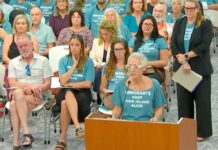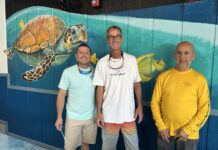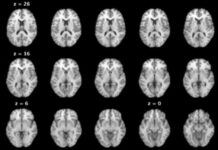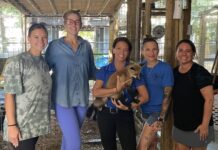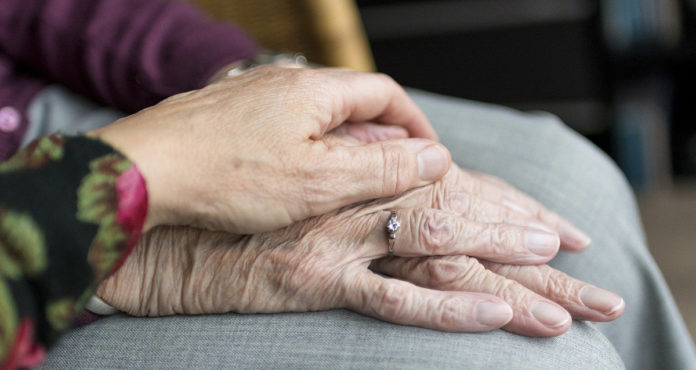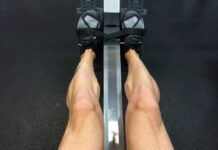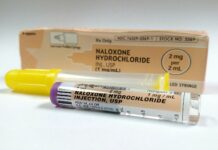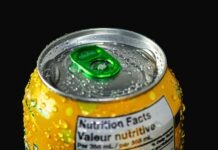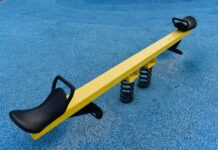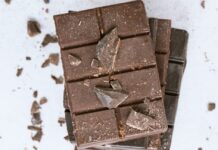Is it possible to get older without aging? Many newspaper articles have been written about a book recently published by aging-research scientist Andrew Steele. In it, Steele presents a look into the research and successes underway in the field of aging and presents some easy lifestyle fixes that we can all do to help slow the aging process.
First, let’s separate aging from age. Age is a number, and they never get smaller. Aging, on the other hand, is a decline in our abilities, mental, physical, both macro scale as in muscle strength and at the micro scale as in immune function. The trick is to slow the decline as much as possible. None of us will make it out of here alive, but quality of life is the key to enjoying whatever amount of time we do have.
Scientists are working very hard to slow and reverse aging. It’s not farfetched to think some of our children may be healthy way past their 100s; I personally believe that the first 150-year old has been born already. But what can we do to maximize our abilities as we age? Ironically, we have been taught these things already.
Oral health is a significant key. Poor oral hygiene leads to a low-level elevated inflammatory response. This is shown to increase risk of heart disease, dementia and decreased immune response. Get back to your dentist, brush your teeth twice a day and floss. It really is that easy.
Exercise is another major component. At a chromosomal level, exercise has been shown to correlate with longer telomere lengths. Telomeres are very important pieces of our DNA; they allow it to replicate. When chromosomes run out of telomeres, the DNA (which means ultimately the cell) is done replicating and dies. Exercise also boosts collagen levels (proteins in between the body’s organs that hold it together and hold onto water); as it decreases, we wrinkle and become more susceptible to injury. Another benefit of exercise is that it increases mitochondria in muscle cells. Mitochondria give muscles their energy.
Lastly, sleep is very important. Like the three bears, there is a sweet spot, and that is no less than 7 hours and no more than 11 hours a day. Sleep allows the brain to detoxify and that helps prevent forms of dementia.
The good news is: just do what your mom has been telling you all of your life, brush your teeth, go outside and play, and get to bed on time. The ironic thing about slowing the aging process is that it helps you get older!
Have a great week, and be healthier today than you were yesterday!

